‘Dune’ Filmmaker Denis Villeneuve Confirms He’s Started Work On A Third Film: “There Are Words On Paper”
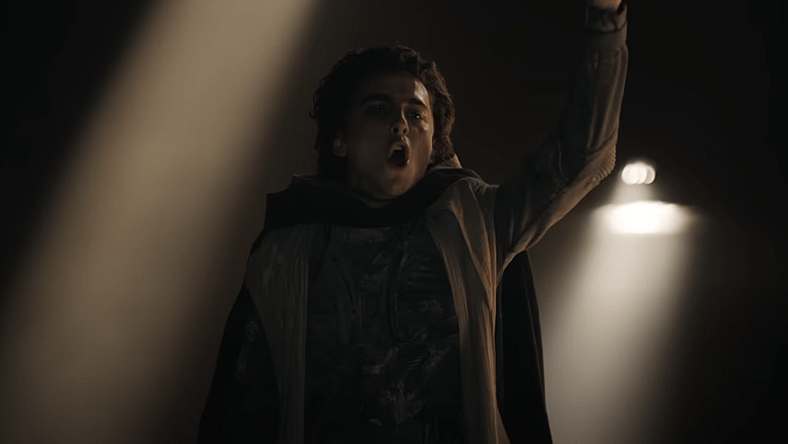
Denis Villeneuve’s Dune: Part Two might have been delayed to 2024, but the filmmaker recently revealed he’s actually started work on a third film.

The official Dune X account announced Dune: Part Two was moving from its November 3, 2022 release date to March 15, 2024.
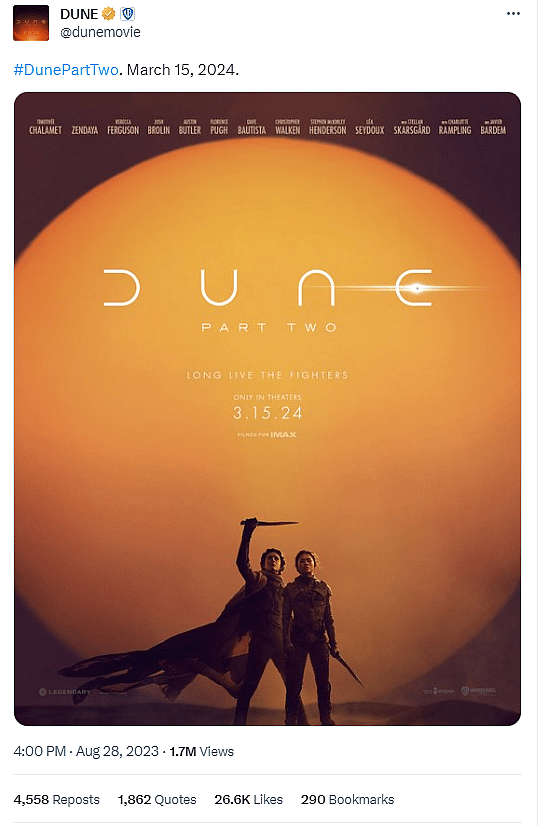
RELATED: Paul Atreides Rides Shai-Hulud In First Trailer For ‘Dune: Part Two’
As for why the film is getting moved, Deadline reported it has to do with the ongoing SAG-AFTRA strike. However, Warner Bros. did not move other films such as Wonka, Aquaman and the Lost Kingdom, and the Color Purple remake.

Regardless, the film’s director Denis Villeneuve recently spoke with Empire where he revealed he had already begun working on a third film that would adapt Frank Herbert’s Dune Messiah novel.
He said, “I will say, there are words on paper.”
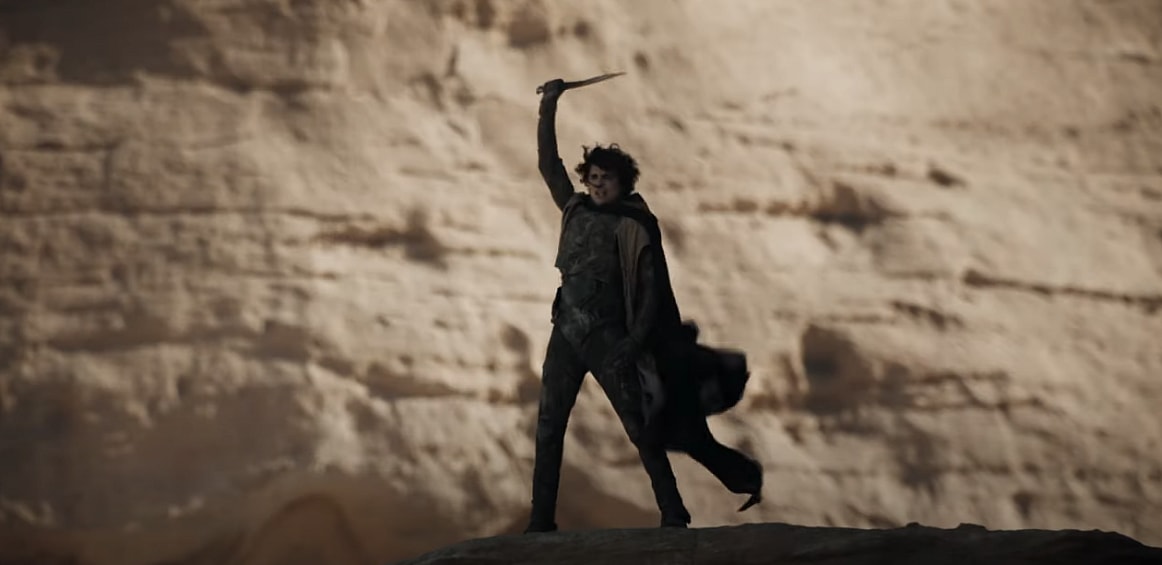
Villeneuve noted he does indeed dream of turning the films into a trilogy, “If I succeed in making a trilogy, that would be the dream.”
He then revealed what his intentions for the third film would be, “Dune Messiah was written in reaction to the fact that people perceived Paul Atreides as a hero. Which is not what he wanted to do. My adaptation [of Dune] is closer to his idea that it’s actually a warning.”
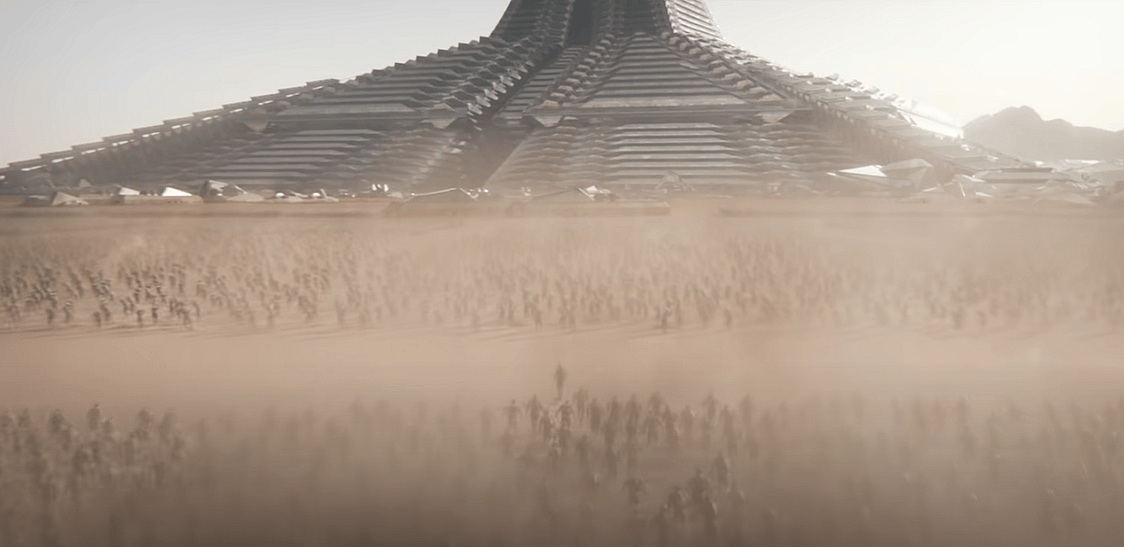
RELATED: Report: Denis Villeneuve’s ‘Dune’ Saga Will Be A Trilogy
The director previously shared his intention to make a trilogy when speaking with Entertainment Weekly back in October 2021. He told the outlet, “I always envisioned three movies. It’s not that I want to do a franchise, but this is Dune, and Dune is a huge story.”
“In order to honor it, I think you would need at least three movies. That would be the dream. To follow Paul Atreides and his full arc would be nice,” he added.
“Herbert wrote six books, and the more he was writing, the more it was getting psychedelic,” Villeneuve shared. “So I don’t know how some of them could be adapted. One thing at a time. If I ever have the chance to do Dune: Part Two and Dune Messiah, I’m blessed.”

As for this idea that Herbert wrote Dune Messiah as a warning about messianic figures, it’s true. In an essay titled Dune Genesis that was originally published in the July 1980 issue of Omni Magazine, Herbert explained, “I conceived of a long novel, the whole trilogy as one book about the messianic convulsions that periodically overtake us. Demagogues, fanatics, con-game artists, the innocent and the not-so-innocent bystanders-all were to have a part in the drama. This grows from my theory that superheroes are disastrous for humankind.”
“Even if we find a real hero (whatever-or whoever-that may be), eventually fallible mortals take over the power structure that always comes into being around such a leader,” he added.
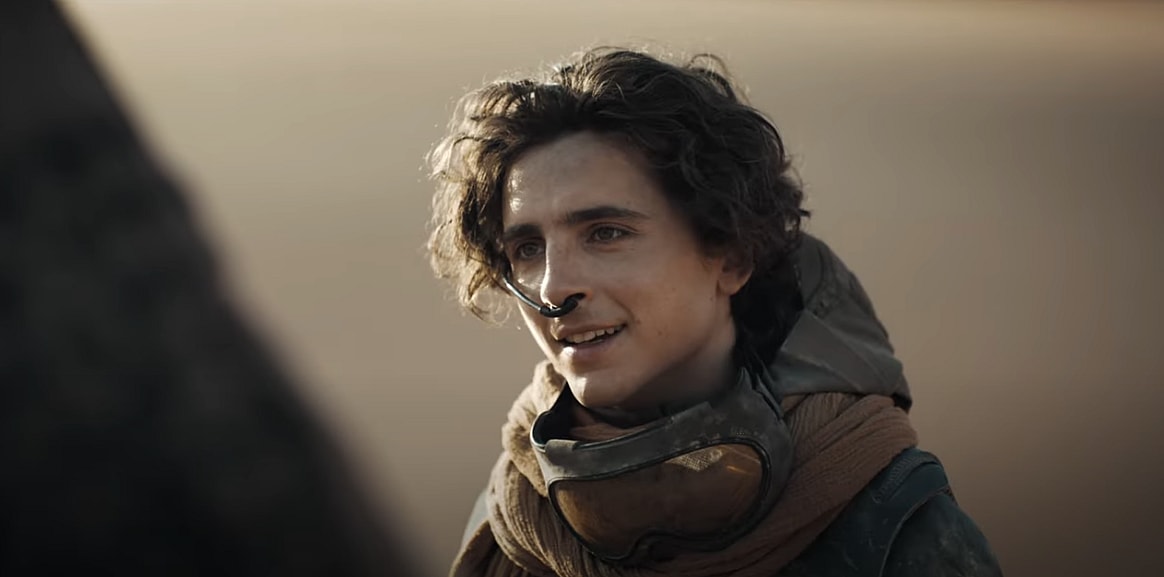
RELATED: Dune Star Josh Brolin Calls Snub Of Denis Villeneuve In Best Director Oscar Category “Really Dumb”
Herbert would later state, “This, then, was one of my themes for Dune: Don’t give over all of your critical faculties to people in power, no matter how admirable those people may appear to be.”
“Beneath the hero’s façade you will find a human being who makes human mistakes. Enormous problems arise when human mistakes are made on the grand scale available to a superhero. And sometimes you run into another problem,” he explained.
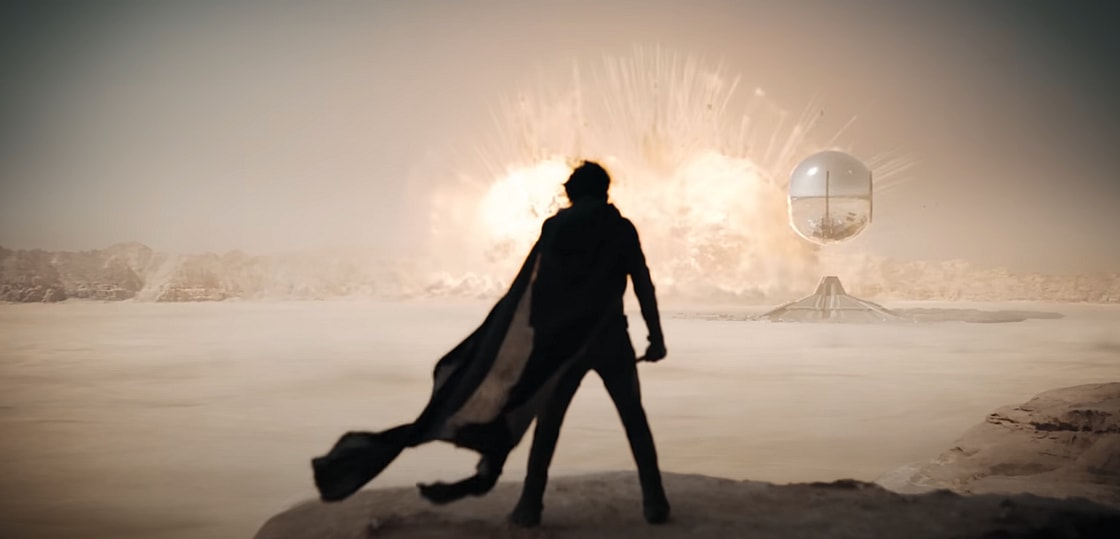
He went on to reiterate, “It is demonstrable that power structures tend to attract people who want power for the sake of power and that a significant proportion of such people are imbalanced-in a word, insane.”
“That was the beginning,” he said. “Heroes are painful, superheroes are a catastrophe. The mistakes of superheroes involve too many of us in disaster.”
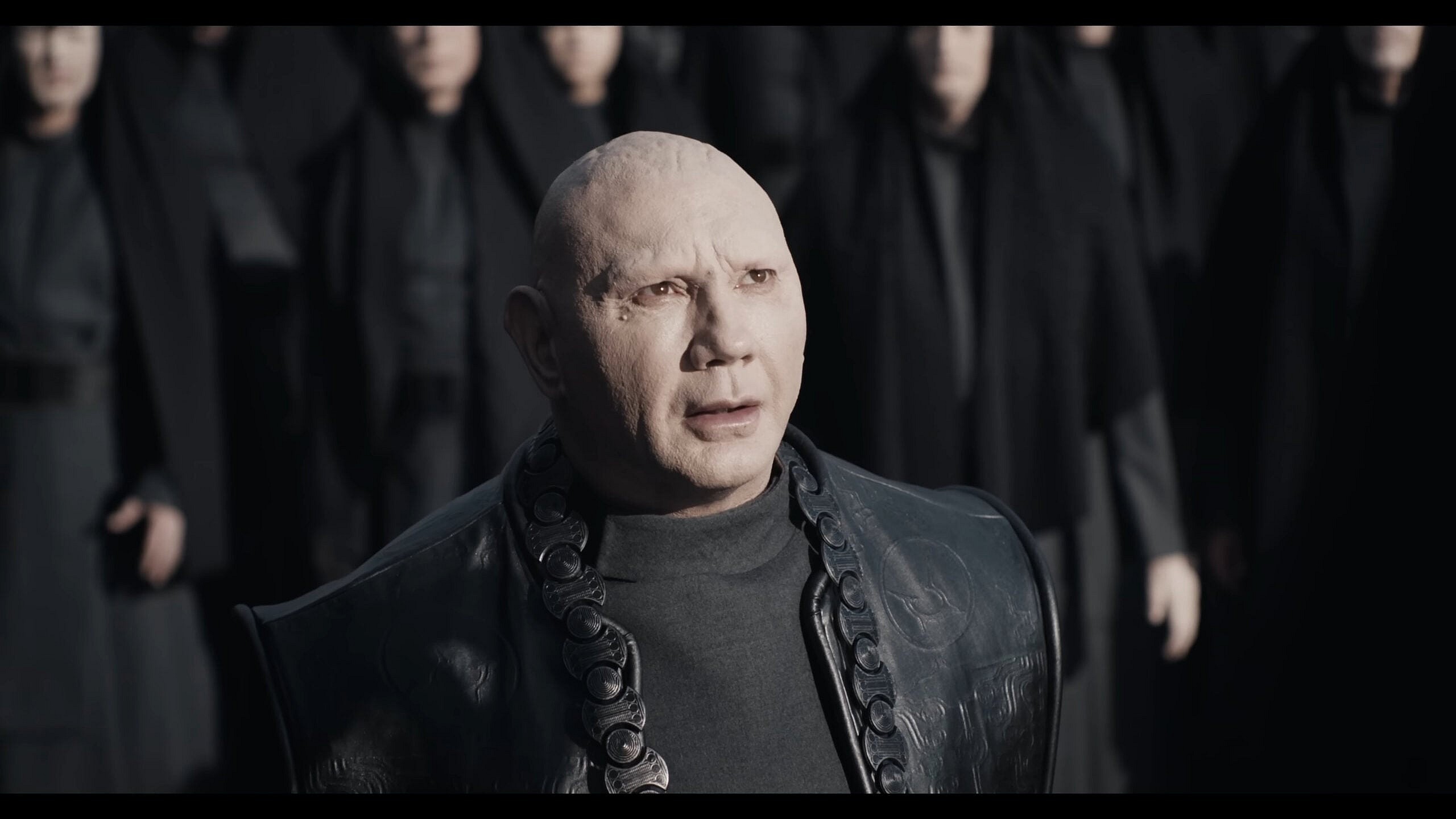
After detailing the research he did into the book and how he initially wanted to do “the book that would right the old wrongs,” Herbert reevaluated and explained he created a fugue, “What were my instruments in this ecological fugue? Images, conflicts, things that turn upon themselves and become something quite different, myth figures and strange creatures from the depths of our common heritage, products of our technological evolution, our human desires, and our human fears.”
He elaborated, “As in an Escher lithograph, I involved myself with recurrent themes that turn into paradox. The central paradox concerns the human vision of time. What about Paul’s gift of prescience-the Presbyterian fixation? For the Delphic Oracle to perform, it must tangle itself in a web of predestination. Yet predestination negates surprises and, in fact, sets up a mathematically enclosed universe whose limits are always inconsistent, always encountering the unprovable. It’s like a koan, a Zen mind breaker. It’s like the Cretan Epimenides saying, ‘All Cretans are liars.’”
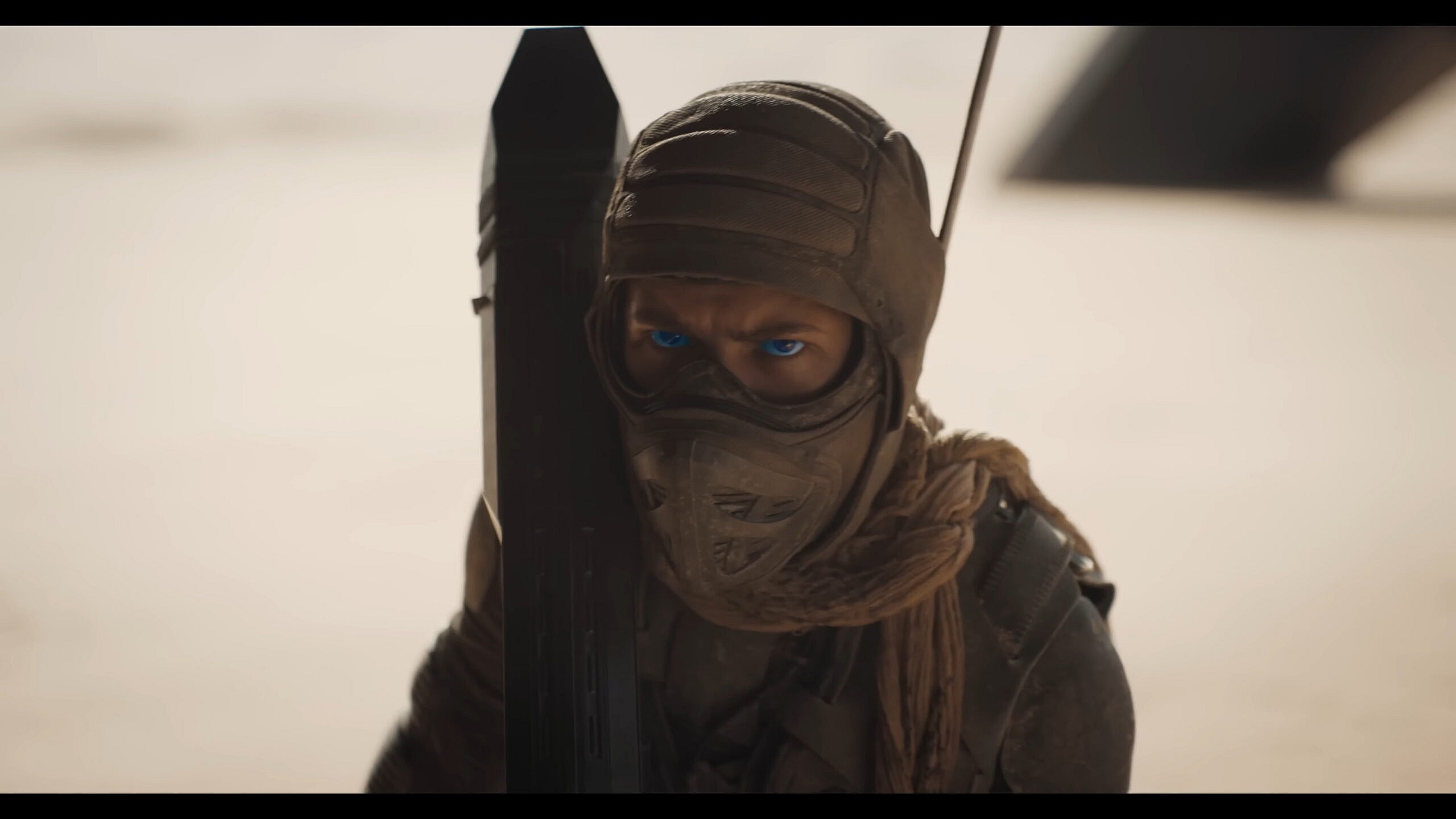
Specifically commenting on Dune Messiah, Herbert said, “Of course there are other themes and fugal interplays in Dune and throughout the trilogy. Dune Messiah performs a classic inversion of the theme. Children of Dune expands the number of themes interplaying. I refuse, however, to provide further answers to this complex mixture. That fits the pattern of the fugue. You find your own solutions. Don’t look to me as your leader.”
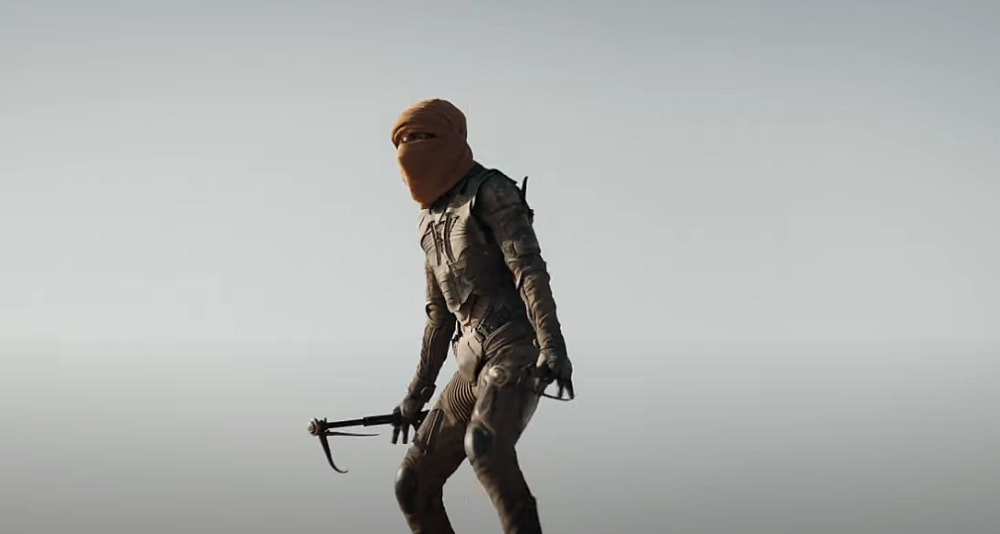
What do you make of Villeneuve revealing he’s begun work on an adaptation of Dune Messiah? Are you interested in his vision?
NEXT: James Cameron: Marvel Films “Don’t Feel Epic” But Denis Villeneuve’s Dune Does
